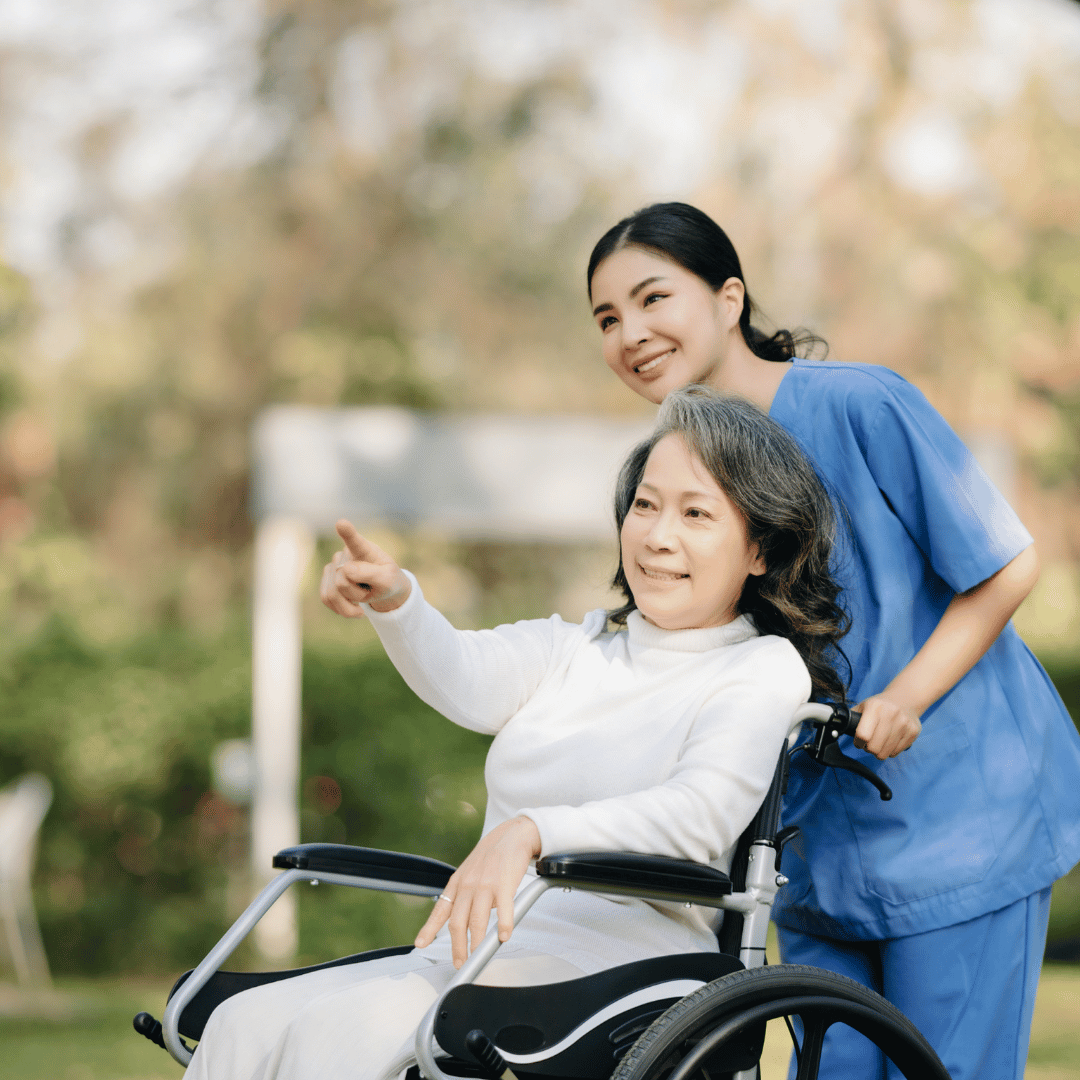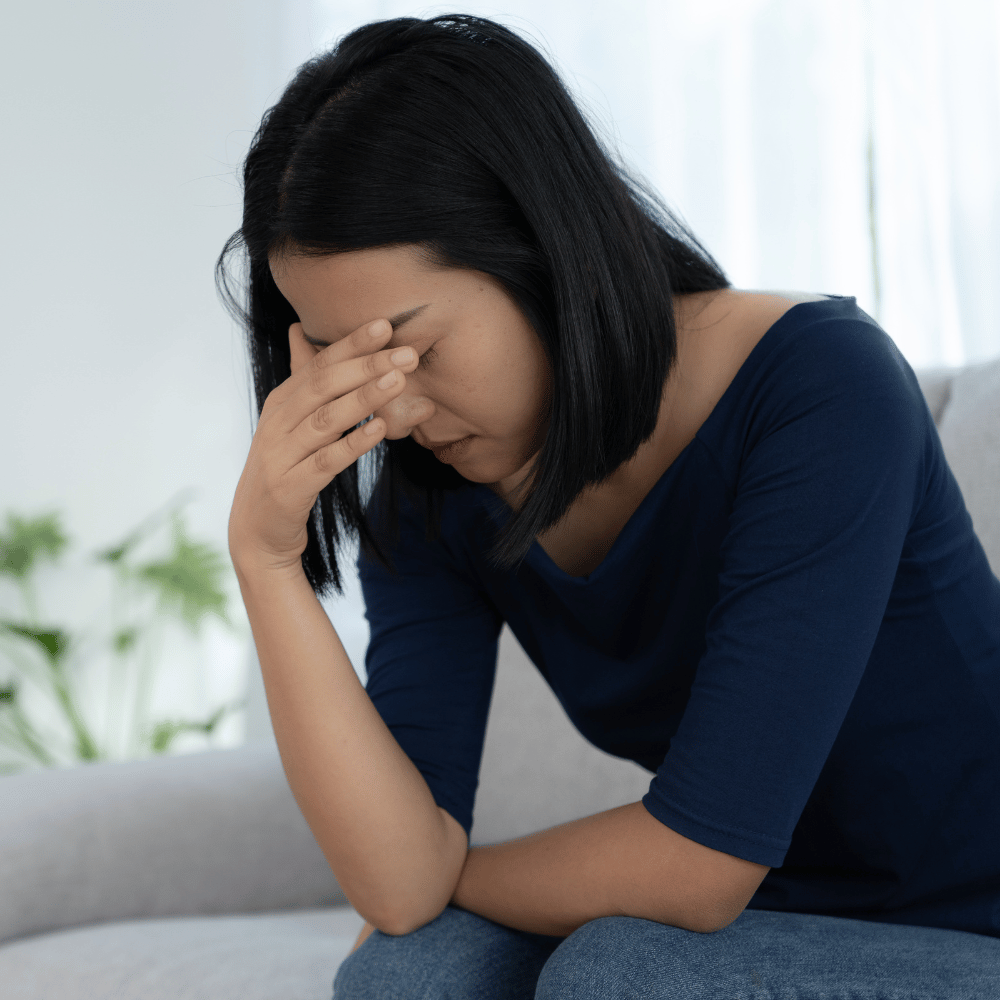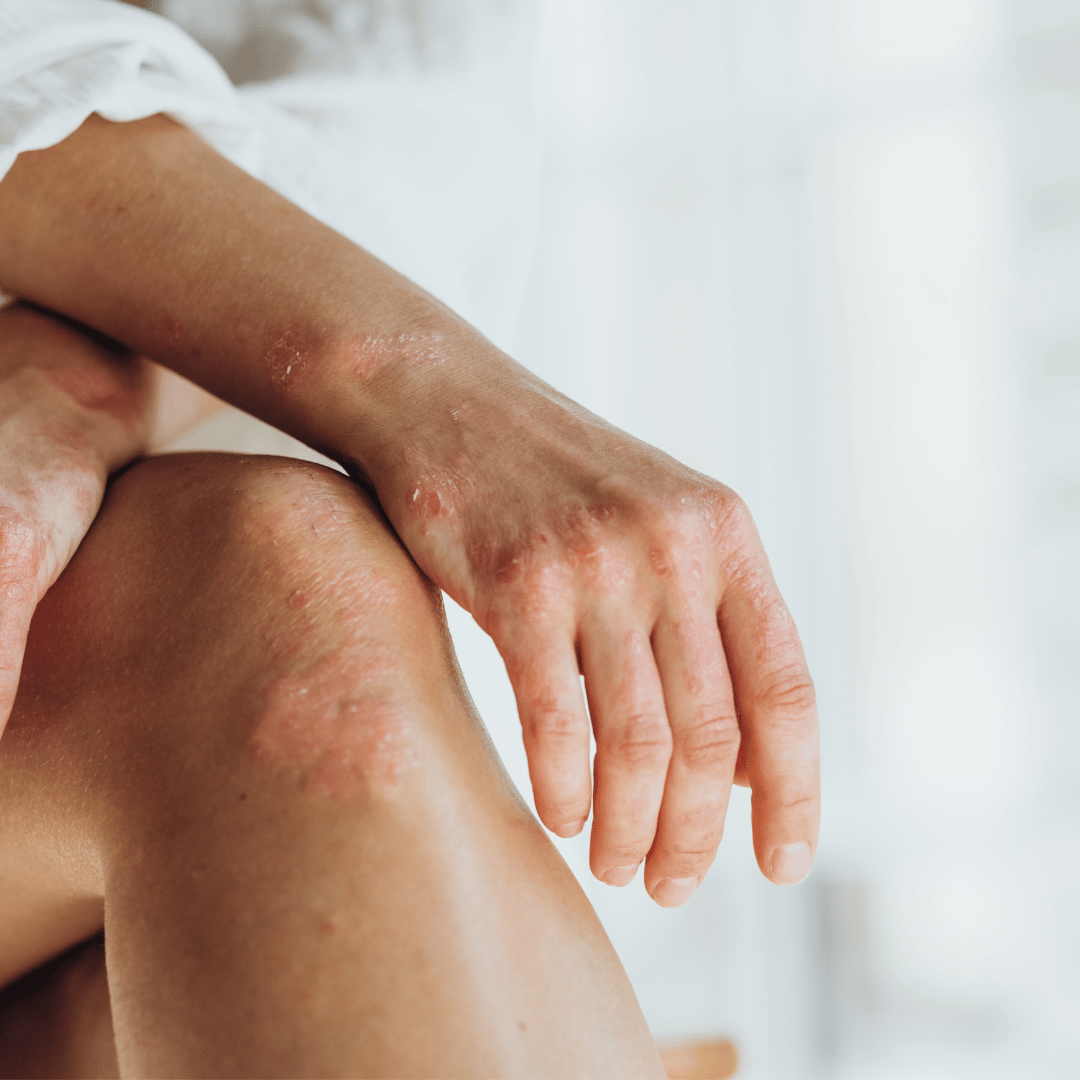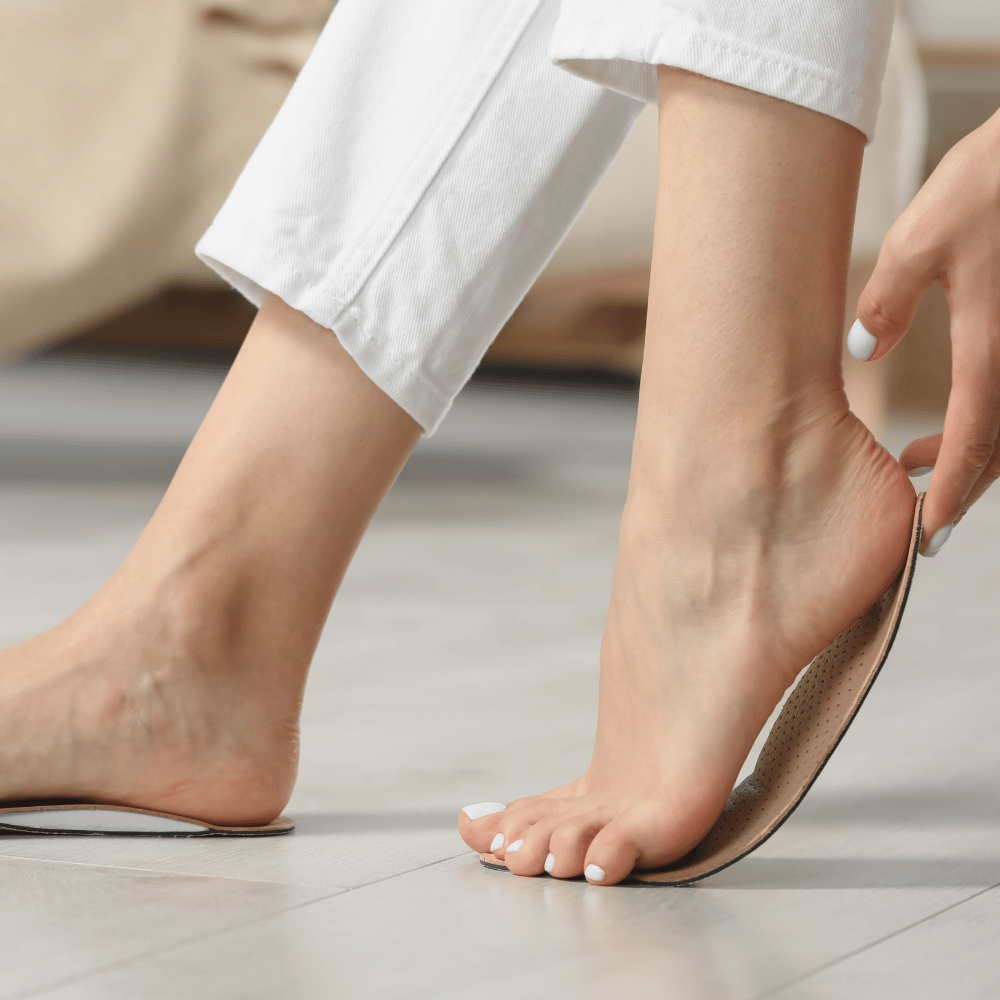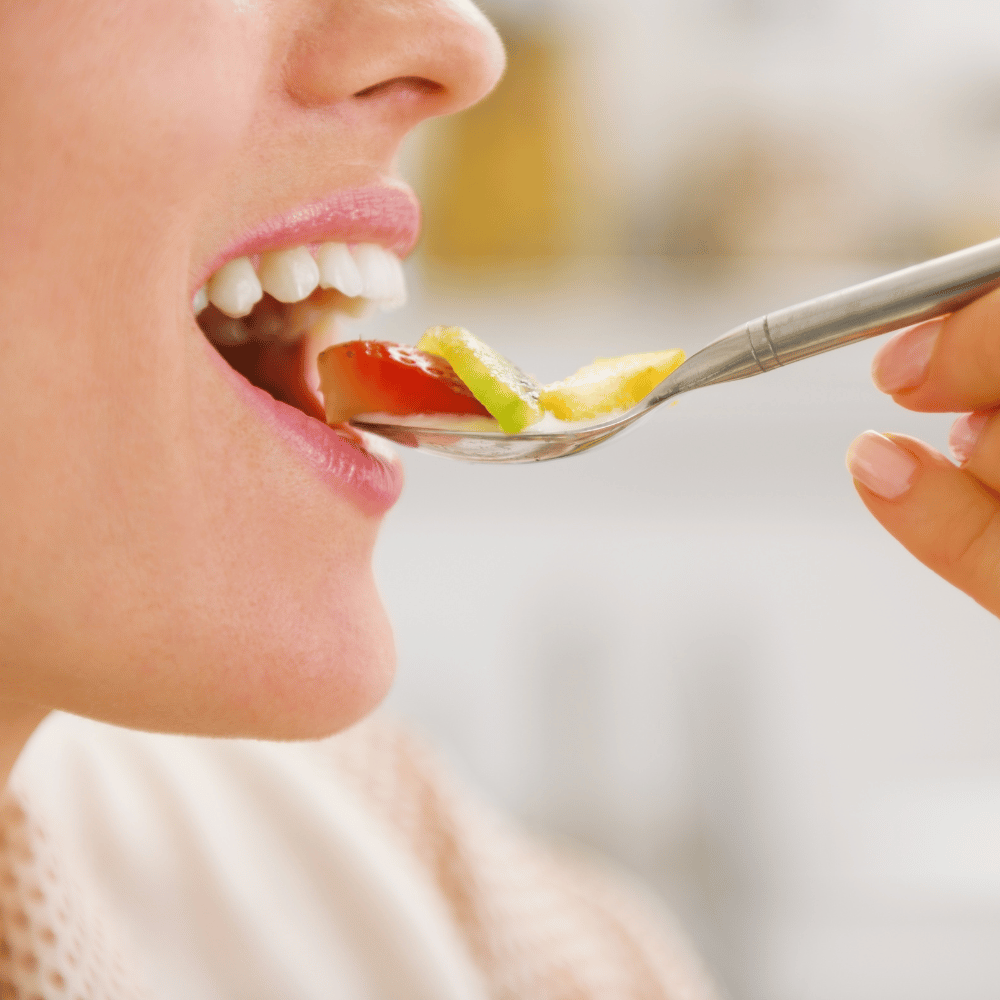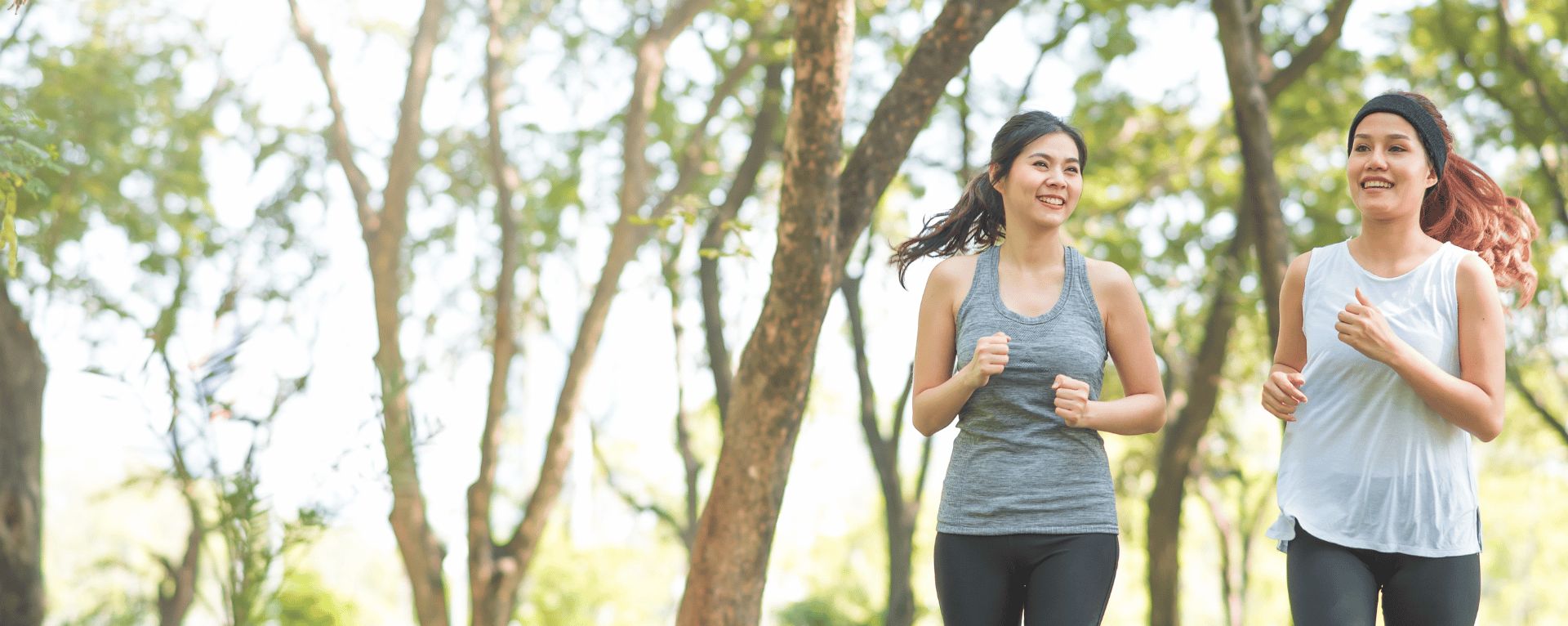
健康生活學
晨跑VS午跑VS夜跑,到底哪一個時段最適合跑步?
2023/10/13
跑步屬於有氧運動,有助燃燒卡路里、鞏固肌肉及釋放壓力,亦有強化心肺功能、降低罹患心血管疾病的風險等好處。不少香港人熱愛跑步,但大家有否考慮過早上的清新空氣、下午的黃金時間,還是晚上的寧靜時刻才是最適合跑步呢?我們將深入探討各時段跑步的好處和注意事項,助你找出最適合自己跑步的時機。
晨跑VS午跑VS夜跑的好處及注意事項
| 晨跑 | 午跑 | 夜跑 | |
| 好處 |
|
|
|
| 注意事項 |
|
|
|
總括而言,最佳的跑步時間取決於個人喜好、生活習慣和目標。建議嘗試在不同的時間跑步,看看哪一個時段最適合自己。
參考資料:
- BetterHealth Channel. Running and jogging – health benefits. Available at: https://www.betterhealth.vic.gov.au/health/healthyliving/running-and-jogging-health-benefits. Accessed 14 June 2023
- Kumar et al. Exercise and caffeine improve sustained attention following fatigue independent of fitness status. Fatigue: Biomedicine. 2015.
- Fairbrother et al. Effects of exercise timing on sleep architecture and nocturnal blood pressure in prehypertensives. Vascular health and risk management. 2014.
- Wheeler et al. Effect of morning exercise with or without breaks in prolonged sitting on blood pressure in older overweight/obese adults: Evidence for sex differences. Hypertension. 2019.
- Bachman et al. Exercising in the fasted state reduced 24-hour energy intake in active male adults. Journal of Nutrition and Metabolism. 2016.
- Kalak et al. Daily morning running for 3 weeks improved sleep and psychological functioning in healthy adolescents compared with controls. Journal of Adolescent Health. 2012.
- Pendergrast et al. Time of day determines postexercise metabolism in mouse adipose tissue. Proceedings of the National Academy of Sciences. 2023.
- 康樂及文化事務署. 健康跑步指南. Available at: https://www.lcsd.gov.hk/tc/healthy/exerciseprocedure.html. Accessed 14 June 2023
- Fuchs et al. High blood pressure and cardiovascular disease. Hypertension. 2020.
- National Center for Advancing Translational Sciences. Exercise-induced hyperinsulinemic hypoglycemia. Available at: https://rarediseases.info.nih.gov/diseases/9932/exercise-induced-hyperinsulinemic-hypoglycemia. Accessed 14 June 2023
- Zitting et al. Human resting energy expenditure varies with circadian phase. Current Biology. 2018.
- Aoyama et al. Time-of-day-dependent physiological responses to meal and exercise. Frontiers in Nutrition. 2020.
- Oberste et al. Acute aerobic exercise to recover from mental exhaustion–a randomized controlled trial. Physiology & Behavior. 2021.
- Stutz et al. Effects of evening exercise on sleep in healthy participants: a systematic review and meta-analysis. Sports Medicine. 2019.
- Arciero et al. Morning exercise reduces abdominal fat and blood pressure in women; evening exercise increases muscular performance in women and lowers blood pressure in men. Frontiers in Physiology. 2022.
- Schilling et al. Stress-buffering effects of physical activity and cardiorespiratory fitness on metabolic syndrome: A prospective study in police officers. PLoS One. 2020.
- Shi et al. Analysis of airborne particulate matter (PM2. 5) over Hong Kong using remote sensing and GIS. Sensors. 2012.
- Environmental Protection Department. Air Quality Health Index. Available at: https://www.aqhi.gov.hk/tc.html. Accessed 11 October 2023
- 香港防癌會賽馬會癌症康復中心. 夏日防曬貼士. Available at: https://www.jccrc.org.hk/%E5%A4%8F%E6%97%A5%E9%98%B2%E6%9B%AC%E8%B2%BC%E5%A3%AB/. Accessed 13 October 2023
熱門文章
2024/03/28
2024/04/18
2024/04/15
2024/04/12
2024/04/12

